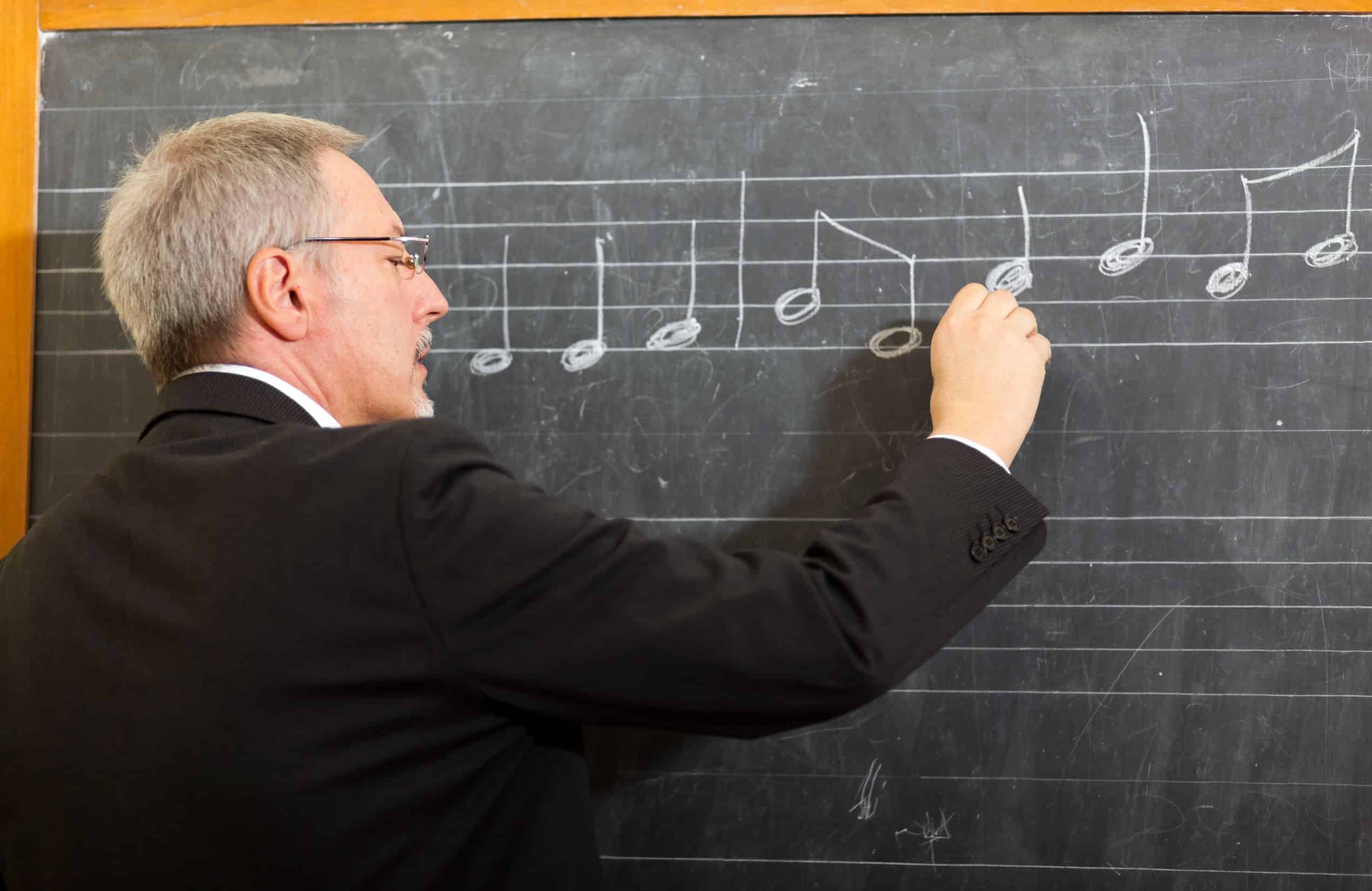Introduction to the Music Teacher Agreement
A Music Teacher Agreement serves as a foundational document outlining the terms and conditions of music education services provided by a self-employed teacher to their students. This guide offers essential insights and legal considerations for drafting a comprehensive agreement tailored to the UK context.

Parties and Definitions
Identification
Clearly define the parties involved – the self-employed music teacher (Provider) and the student or their legal guardian (Client).
Definitions
Establish a common understanding of key terms used throughout the agreement, such as “Services,” “Fees,” “Term,” and “Cancellation Policy.”
Scope of Services
Services Description
Provide a detailed description of the music education services offered, including the instruments or disciplines covered, lesson duration, frequency, and mode of delivery (in-person or online).
Educational Goals
Outline specific learning objectives or goals tailored to the student’s skill level and musical aspirations, fostering a personalized learning experience.
Fees, Payments, and Billing
Fee Structure
Specify the agreed-upon fees for music lessons, whether charged per session, hourly, or as a package, and detail any additional costs for materials or resources.
Payment Terms
Define payment terms, including invoicing procedures, due dates, accepted payment methods, and consequences for late or non-payment.
Lesson Schedule and Attendance
Lesson Schedule
Establish a mutually agreed-upon schedule for music lessons, considering the student’s availability and other commitments.
Attendance Policy
Define expectations regarding punctuality, attendance, and procedures for rescheduling or cancelling lessons, ensuring effective time management.
Curriculum and Teaching Methods
Curriculum Overview
Provide an overview of the curriculum or syllabus followed during music lessons, highlighting key topics, skills, and learning objectives.
Teaching Methods
Describe the teaching methods, techniques, and resources used to facilitate effective learning and skill development in music.
Code of Conduct and Behavioural Expectations
Professional Conduct
Set forth behavioural expectations for both the music teacher and the student, emphasizing respect, commitment, and cooperation during lessons.
Disciplinary Measures
Define procedures and consequences for breaches of conduct, ensuring a positive and respectful learning environment for all parties involved.
Equipment, Materials, and Facilities
Equipment and Materials
Specify any required musical instruments, materials, or resources necessary for music lessons, and clarify responsibility for their provision.
Facilities Usage
Address arrangements for lesson venues, whether conducted at the teacher’s studio, student’s home, or online, ensuring safety and suitability for learning.
Confidentiality and Data Protection
Confidentiality Clause
Include provisions to protect the confidentiality of student information and any sensitive data shared during music lessons, adhering to data protection laws.
Data Handling Practices
Outline procedures for collecting, storing, and processing personal data in compliance with privacy regulations, such as the General Data Protection Regulation (GDPR).
Liability and Indemnity
Limitation of Liability
Define the extent of the music teacher’s liability for any damages or injuries incurred during lessons, subject to applicable laws and insurance coverage.
Indemnification
Include clauses for indemnifying the music teacher against any claims, liabilities, or expenses arising from the student’s actions or misconduct.
Termination and Dispute Resolution
Termination Clause
Specify conditions under which either party may terminate the agreement, including notice periods, reasons for termination, and any applicable refunds or penalties.
Dispute Resolution
Outline procedures for resolving disputes or conflicts that may arise during the course of the agreement, emphasizing mediation or arbitration as preferred methods.
Conclusion
Crafting a Music Teacher Agreement tailored to UK laws and regulations is essential for establishing clear expectations, protecting rights, and fostering positive teacher-student relationships. By adhering to legal requirements and incorporating best practices, self-employed music teachers can create a comprehensive agreement that ensures a rewarding and enriching musical learning experience for their students.
What is a Music Teacher Agreement, and why is it important for self-employed music teachers?
A Music Teacher Agreement is a legally binding contract between a self-employed music teacher and their students or their guardians, outlining the terms and conditions of music lessons. It is essential for establishing clear expectations, protecting rights, and fostering positive teacher-student relationships.
Who are the parties involved in a Music Teacher Agreement?
The parties involved are the self-employed music teacher (Provider) and the student or their legal guardian (Client).
What key components should be included in a Music Teacher Agreement?
Key components include scope of services, fees and payment terms, lesson schedule and attendance expectations, curriculum and teaching methods, confidentiality and data protection measures, disciplinary procedures, termination conditions, and legal compliance clauses.
How does a Music Teacher Agreement address fees, payments, and billing for music lessons?
It specifies the agreed-upon fees for music lessons, outlines payment terms, including invoicing procedures and due dates, and defines consequences for late or non-payment.
What scheduling and attendance expectations are outlined in a Music Teacher Agreement?
The agreement establishes a mutually agreed-upon schedule for music lessons and outlines expectations regarding punctuality, attendance, and procedures for rescheduling or cancelling lessons.
What curriculum and teaching methods are typically covered in a Music Teacher Agreement?
The agreement provides an overview of the curriculum or syllabus followed during music lessons, highlighting key topics, skills, and learning objectives, along with the teaching methods, techniques, and resources used.
How does a Music Teacher Agreement ensure confidentiality and data protection?
It includes provisions to safeguard the confidentiality of student information and any sensitive data shared during music lessons, ensuring compliance with data protection laws.
What disciplinary measures are included in a Music Teacher Agreement for addressing breaches of conduct?
Disciplinary measures may include procedures and consequences for breaches of conduct, such as warnings, suspension of services, or termination of the agreement.
Can a Music Teacher Agreement be terminated before the agreed-upon term?
Yes, the agreement typically specifies conditions under which either party may terminate the agreement, including notice periods, reasons for termination, and any applicable refunds or penalties.
Is it advisable to seek legal advice when creating or reviewing a Music Teacher Agreement?
Yes, it is advisable to seek legal advice to ensure that the agreement complies with applicable laws and regulations and adequately protects the interests of all parties involved.
- Press Release – Product Update Announcement - July 19, 2024
- Press Release – New Service Announcement - July 19, 2024
- Press Release – Company Contract Award - July 18, 2024









